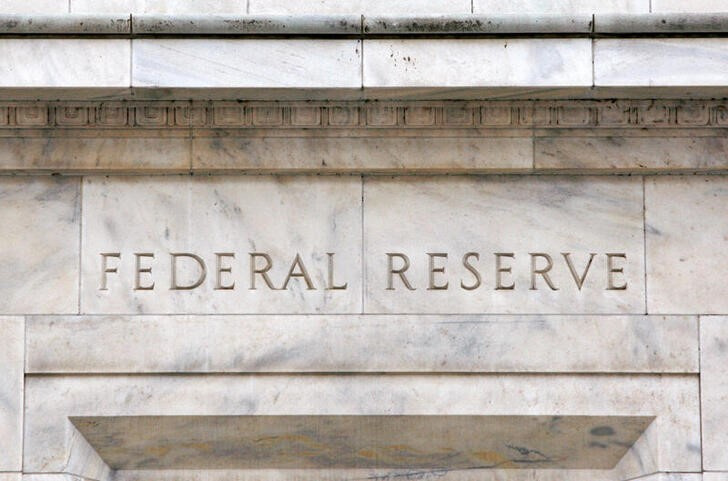(Bloomberg) -- Federal Reserve Governor Philip Jefferson defended the central bank’s 2% inflation target and said changing it could destabilize “well-anchored” inflation expectations.
His speech Monday to an economics class at Harvard University didn’t go into detail on the path ahead for monetary policy, though he said there is the possibility that service-price inflation could ease as wage pressures decelerate.
Jefferson said a shortage of workers has been one reason why price increases in core services have remained high, as labor costs have risen “at rates above those consistent with 2% inflation.”
“The inflation outlook for this non-housing category of core services partly depends on whether growth in nominal labor costs comes back down, and recent data suggest that labor compensation has indeed started to decelerate somewhat over the past year,” he said.
US central bankers are waging their most aggressive action against high inflation in a generation. Officials lifted their benchmark lending rate by a quarter of a percentage point at the start of February, bringing the target to a range of 4.5% to 4.75%. That was a step down from the half percentage-point increase at their December meeting, which followed four consecutive jumbo-sized 75 basis-point hikes.
Inflation by the Fed’s preferred measure rose 5.4% for the 12 months through January.
The Fed set a formal inflation target of 2% in 2012. Jefferson said a target above zero reflected the risk that inflation that was too low could also be destabilizing.
While some researchers have called on the Fed to raise the target to give it more scope to cut rates in downturns, Jefferson rejected that idea saying it would “introduce an additional risk” by calling into question the Fed’s commitment to its goals and “lead people to suspect that the target could be changed opportunistically in the future.”
“If so, then these reputational costs will undermine the key benefits of well-anchored longer-run inflation expectations discussed above: an increased ability of monetary policy to fight economic downturns without sacrificing price stability,” he said.
©2023 Bloomberg L.P.
